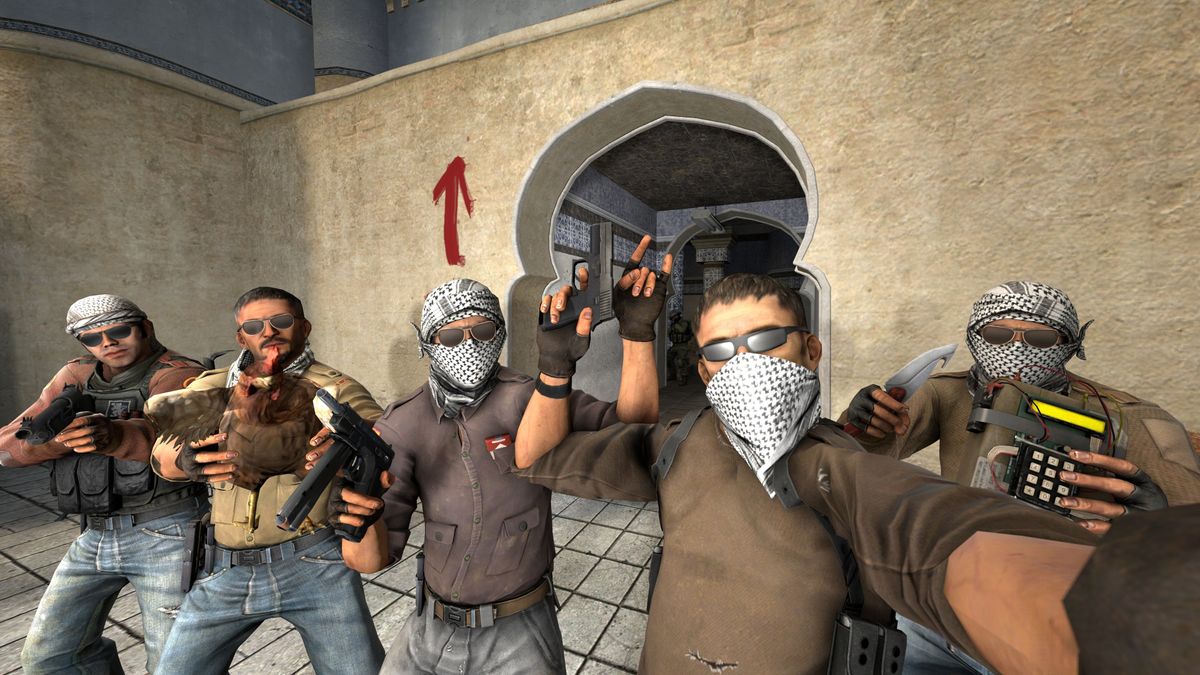Antalya Escapes
Discover the best of Antalya with exclusive insights and tips.
Griefing Roulette: How CS2 Penalties Keep Players on Their Toes
Explore the thrilling world of Griefing Roulette in CS2! Discover how penalties keep players vigilant and add excitement to the game.
Understanding CS2 Griefing Penalties: What You Need to Know
In the world of CS2, maintaining a fair and enjoyable gaming environment is essential. Griefing, defined as intentionally obstructing and damaging teammates' gameplay, has become a significant concern within the community. Understanding the griefing penalties imposed by the game is crucial for all players. These penalties can vary based on the severity and frequency of the infractions, leading to temporary or permanent bans. Being aware of these consequences can help players navigate the gaming landscape more responsibly.
To avoid accumulating griefing penalties, players should adhere to these best practices:
- Communicate effectively with teammates to coordinate strategies.
- Avoid actions that can harm your teammates, including team killing and blocking access to crucial areas.
- Report any instances of griefing when encountered, fostering a healthier community.

Counter-Strike is a popular team-based first-person shooter that pits terrorists against counter-terrorists in various game modes. Players can enhance their experience by exploring unique in-game items, such as the Exklusive Case X CS2, which offers exclusive skins and weapons. The game's competitive nature and strategic gameplay have made it a beloved choice among gamers around the world.
How CS2's Griefing Mechanisms Impact Player Behavior
Counter-Strike 2 (CS2) introduces a range of griefing mechanisms that significantly influence player behavior within the game. These mechanisms, designed to deter unsportsmanlike conduct, can sometimes backfire, leading to unintended consequences. For instance, players may engage in passive-aggressive tactics, such as deliberately blocking allies or wasting resources, which ultimately undermines team cohesion. Such actions not only score a quick laugh but can tarnish the gaming experience for others, giving rise to a toxic atmosphere. In a competitive environment where communication and collaboration are essential, these instances of griefing can detract from the strategic depth of matches.
Furthermore, the presence of griefing mechanisms can polarize player communities, leading to divisions between those who embrace these elements as a form of entertainment and those who view them as detrimental. Players who regularly engage in griefing may find themselves isolated from teams, as serious players look to avoid negative interactions. This can create a cycle where griefers are pushed to more casual game modes, further inflating the divide and potentially skewing matchmaking algorithms. Ultimately, understanding the impact of these mechanisms is crucial for developers aiming to foster a healthier gaming environment that prioritizes fair play and enjoyment.
The Consequences of Griefing in CS2: Are the Penalties Effective?
Griefing in CS2, or Counter-Strike 2, can disrupt the gaming experience for many players, leading to significant frustration and a negative atmosphere in matches. Consequences for griefing typically include temporary bans, loss of matchmaking privileges, and negative impacts on a player's reputation within the community. These penalties aim to deter players from engaging in such behavior, yet the effectiveness of these measures is often debated. Players who experience griefing not only face immediate emotional distress but also loss of interest in the game, which can lead to a decline in overall player engagement.
Many argue that while some penalties exist, they are insufficient for curbing the behavior of persistent offenders. Are the penalties effective enough to create a significant deterrent? Some players claim that the current punishments are too lenient, allowing griefers to return to the game quickly and continue their disruptive actions. To understand if the consequences truly work, we must analyze player feedback and statistics. Only through comprehensive evaluation can game developers refine their strategies to ensure a fair and enjoyable gaming environment for all.